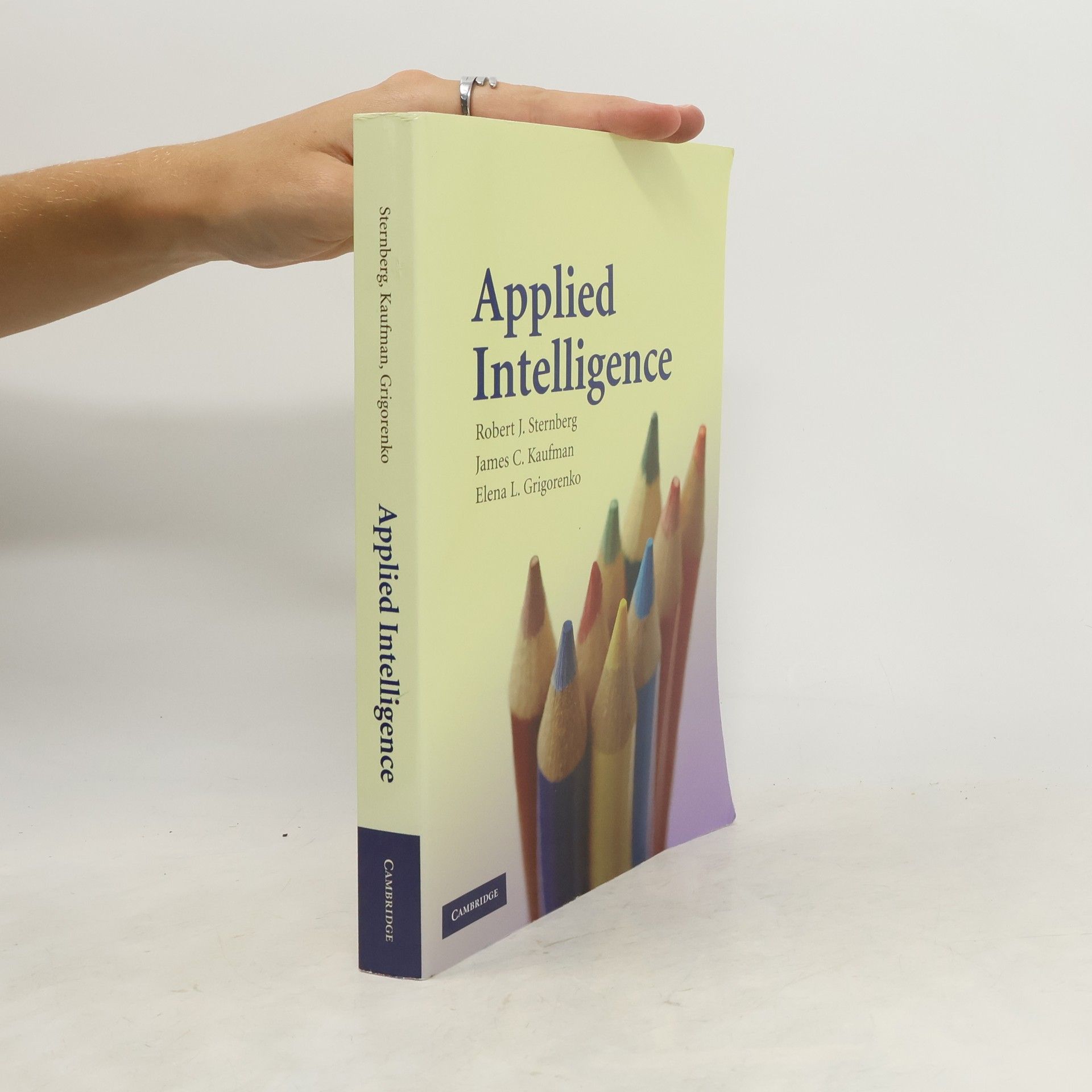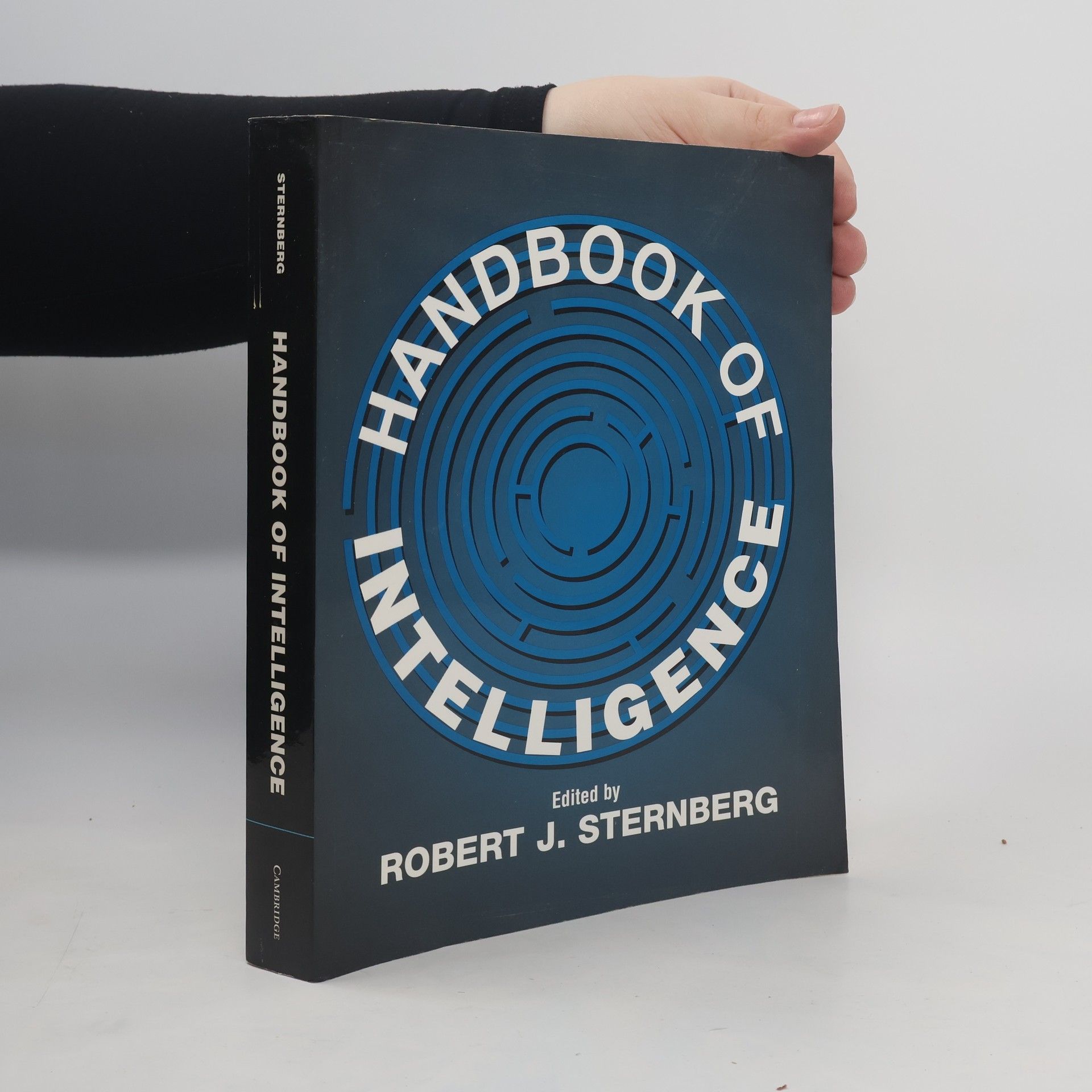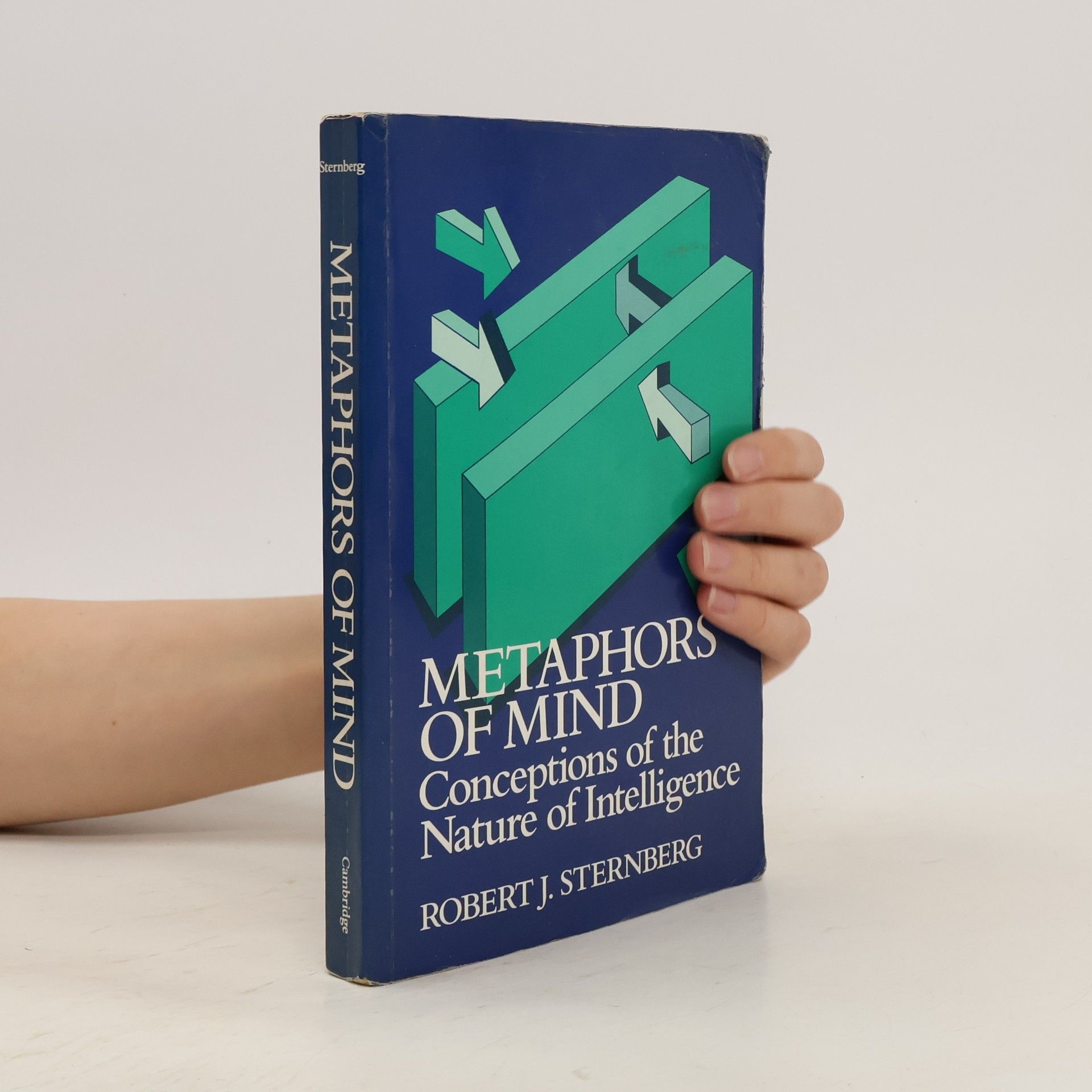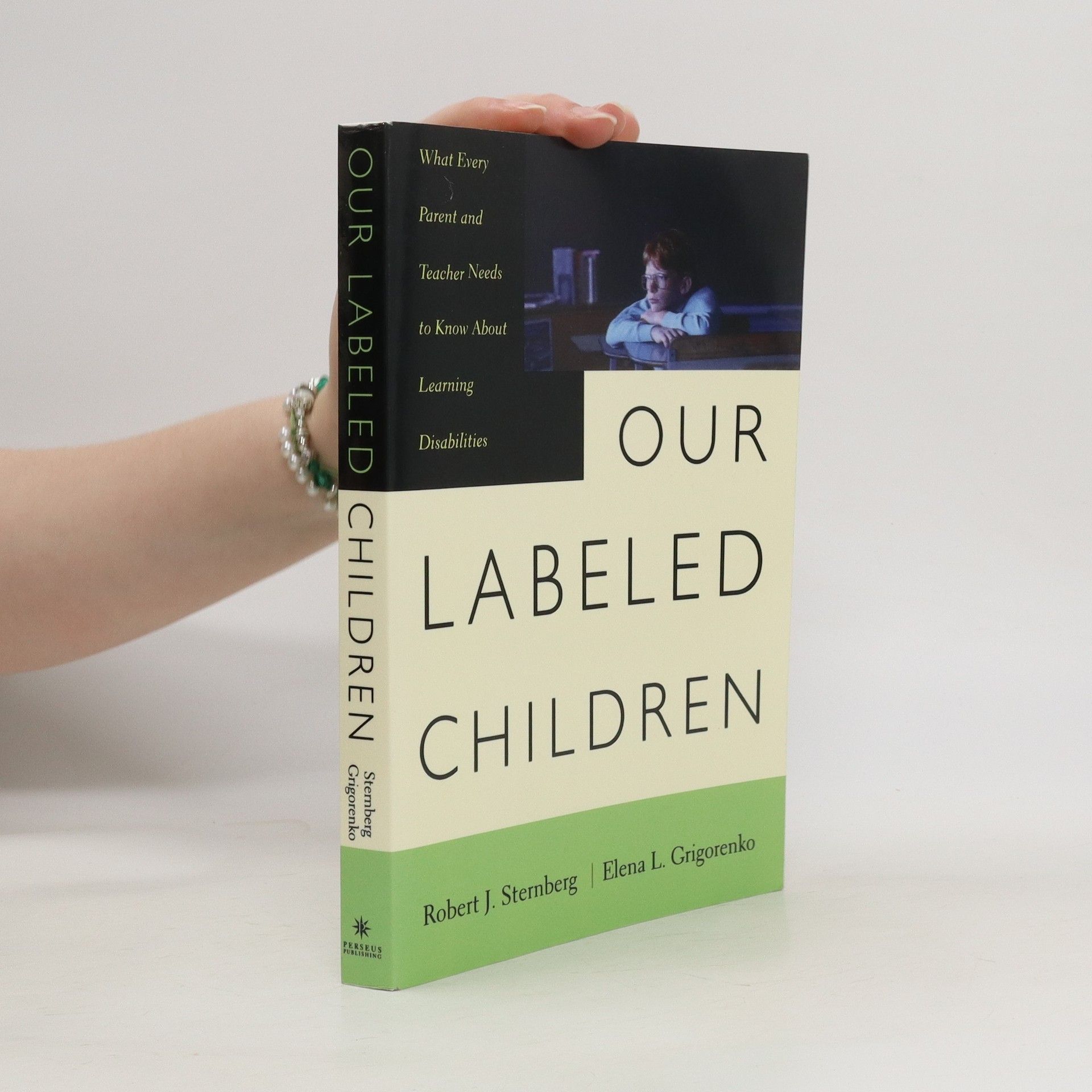Psychologie de la connerie
- 377pages
- 14 heures de lecture
Dan Ariely, Boris Cyrulnik, Antonio Damasio, Howard Gardner, Daniel Kahneman, Edgar Morin, Tobie Nathan et bien d'autres encore parlent de la connerie humaine. Un monde sans connards est possible ! En fait, non. Désolés. Mais ça n'empêche pas d'y réfléchir. La connerie, chacun la connaît : nous la supportons tous au quotidien. C'est un fardeau. Et pourtant les psychologues, spécialistes du comportement humain, n'ont jamais essayé de la définir. Mieux la comprendre pour mieux la combattre, tel est l'objectif de ce livre, même si nous sommes vaincus d'avance. Des psys de tous les pays, mais aussi des philosophes, sociologues et écrivains, nous livrent ici leur vision de la connerie humaine. C'est une première mondiale. Et peut-être une dernière, profitez-en !








